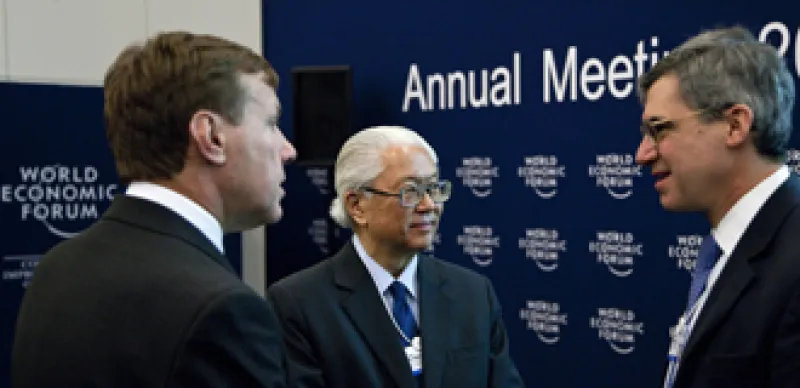
Davos 2011: Summit CEOs Cautiously Confident Despite Looming Risks
There is a decidedly uneasy atmosphere among business and political leaders attending the World Economic Forum in Davos, Switzerland, considering that most forecasters are calling for a broadening economic recovery this year.
Tom Buerkle
January 28, 2011


